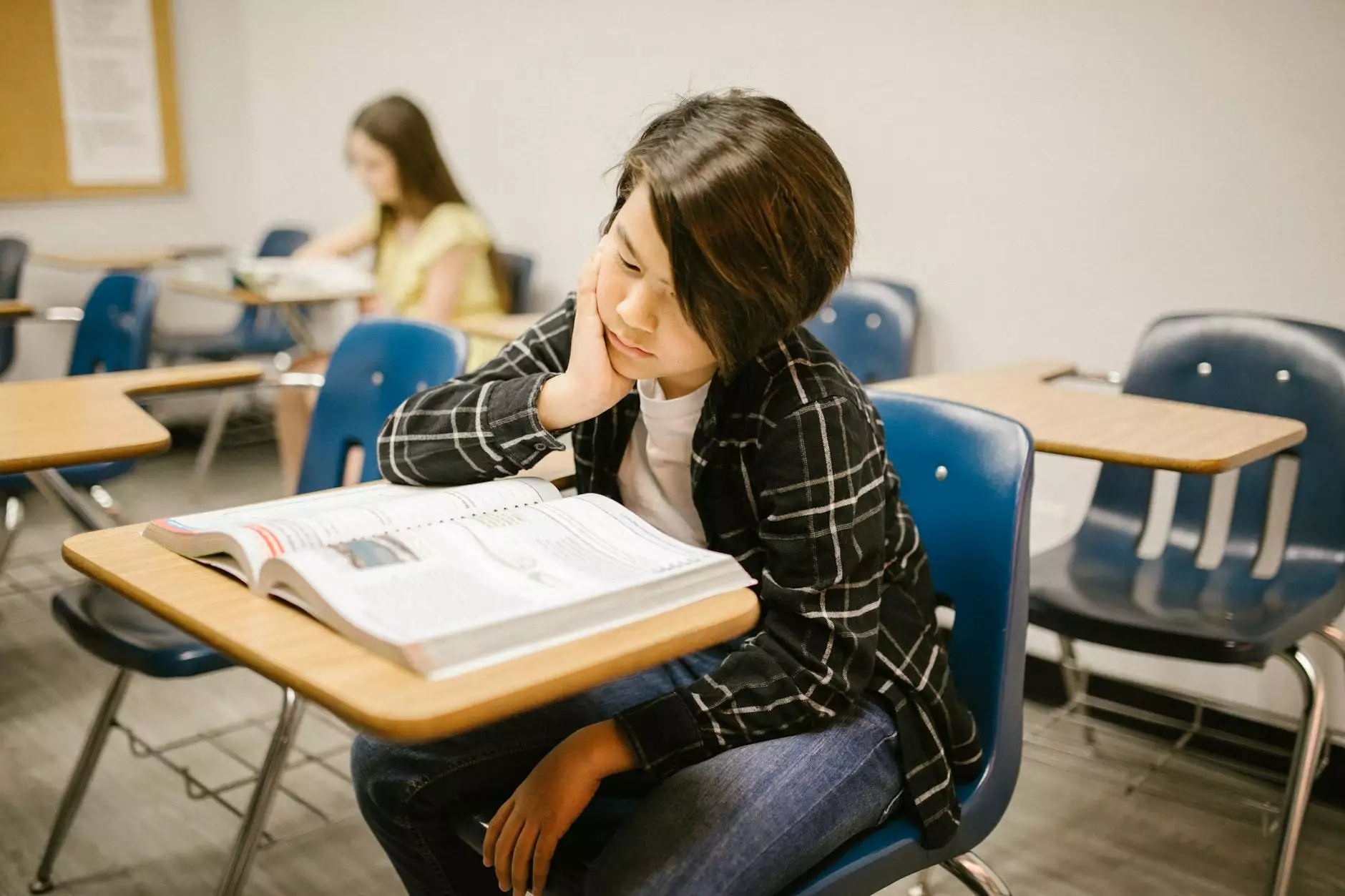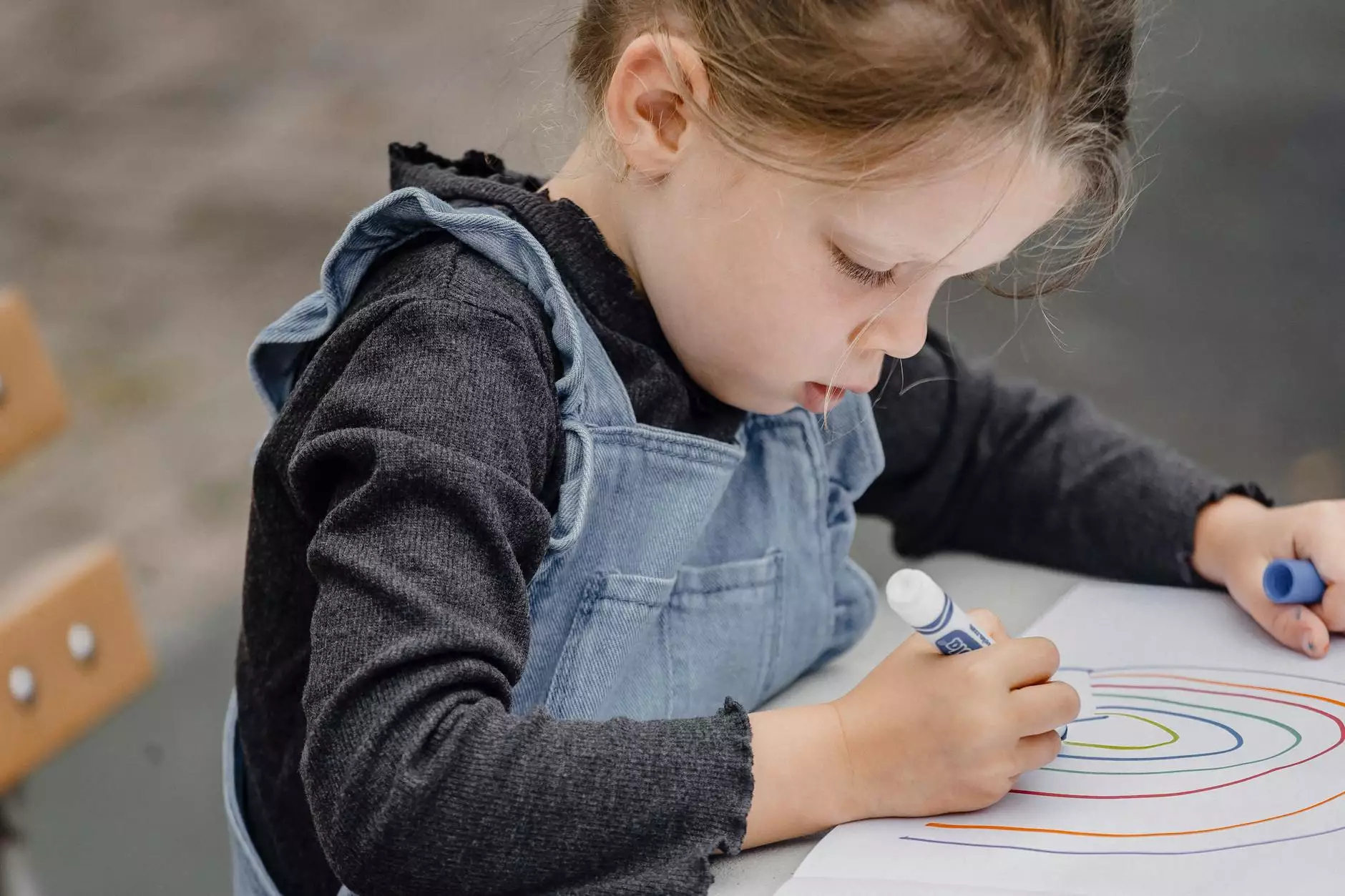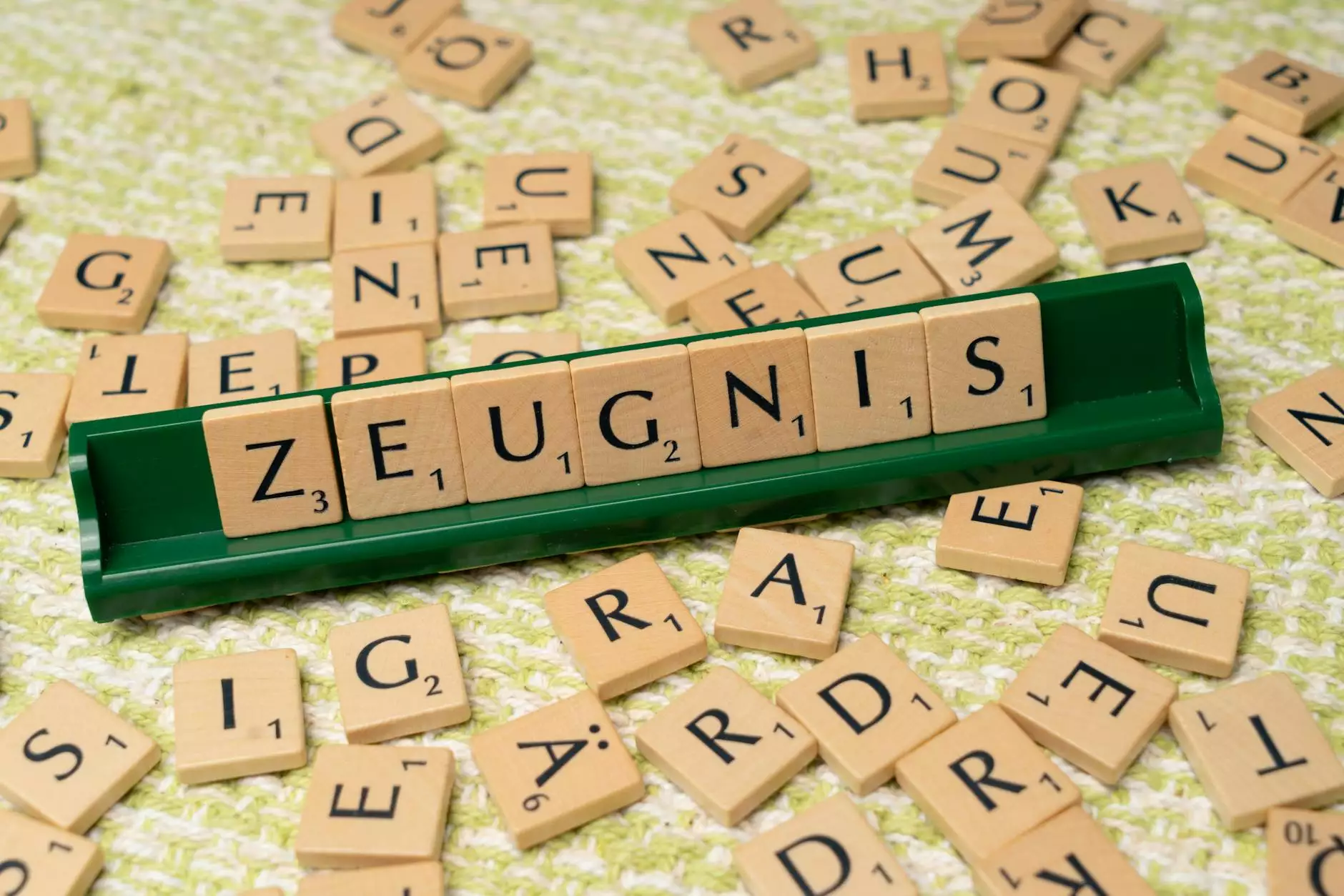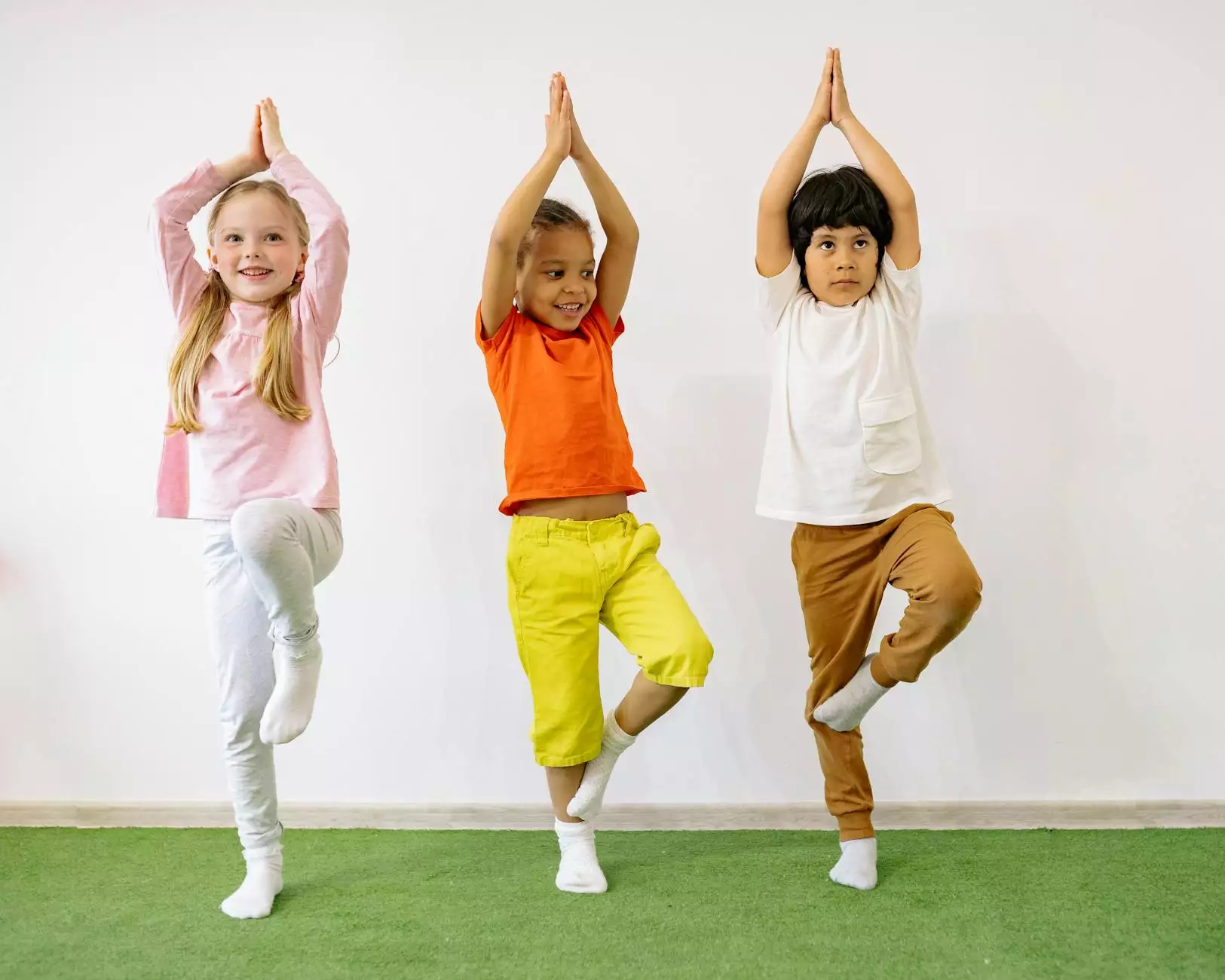Montessori's 5 Cs-Raising a Curious, Confident Learner

Introduction
At The Knowledge Nest, we believe in providing valuable insights and guidance to parents and educators to help raise curious and confident learners. In this article, we will delve into Montessori's 5 Cs, a framework designed to foster the development of essential skills in children. By understanding and implementing these principles, you can create an enriching environment that supports holistic growth and learning.
Curiosity: Cultivating a Passion for Learning
Curiosity is the foundation of a lifelong love for learning. As your child's first teacher, it's crucial to encourage and nurture their natural inclination to explore. By providing a stimulating environment filled with age-appropriate books, engaging toys, and hands-on activities, you can fuel their curiosity.
Creating an Environment of Exploration
Montessori emphasized the importance of preparing the physical space to facilitate curiosity. Arrange materials in an organized and accessible manner, allowing children to freely choose activities that pique their interest. By granting autonomy and encouraging independent exploration, you empower your child to become an active learner.
Confidence: Building Self-Esteem and Resilience
Confidence is crucial for children to face challenges, overcome obstacles, and develop a healthy self-esteem. Montessori believed in fostering independence and self-reliance as fundamental components of building confidence.
Promoting Independence through Practical Life Skills
Engaging children in practical life activities such as cooking, cleaning, and self-care tasks not only teaches valuable skills but also boosts their confidence. Celebrate their achievements, no matter how small, to instill a sense of accomplishment and encourage their continued growth.
Collaboration: Learning from Others
Collaboration is an essential skill in the real world. By giving children opportunities to work together, you provide them with valuable experiences of teamwork, negotiation, and compromise.
Group Activities and Project-Based Learning
Encourage group activities, such as group projects or collaborative tasks, where children can learn from one another. This fosters a sense of belonging and helps them develop crucial social and communication skills.
Critical Thinking: Nurturing Analytical Skills
Critical thinking is the ability to analyze information, evaluate different perspectives, and make informed decisions. Montessori believed in promoting critical thinking from an early age as a foundation for lifelong learning.
Problem-Solving Challenges and Socratic Discussions
Engage your child in problem-solving challenges and encourage them to think critically by asking open-ended questions. Socratic discussions, where ideas are explored and debated, provide a platform for developing analytical skills and enhancing intellectual growth.
Creativity: Embracing Imagination and Expression
Creativity allows children to explore their unique perspectives and express themselves freely. Montessori emphasized the importance of incorporating art, music, and imaginative play into the learning process.
Artistic Outlets and Freedom of Expression
Provide your child with ample opportunities for creative expression through various art mediums, music, and dramatic play. Encourage them to think outside the box, express their ideas, and celebrate their individuality.
Conclusion
By embracing Montessori's 5 Cs - Curiosity, Confidence, Collaboration, Critical Thinking, and Creativity - you can create an environment where your child thrives as a curious and confident learner. At The Knowledge Nest, we strive to provide the resources and support you need to unleash your child's full potential.
Explore our website for more valuable insights on education, parenting, and community-based learning in the field of Community and Society. Together, let's raise a generation of lifelong learners.








